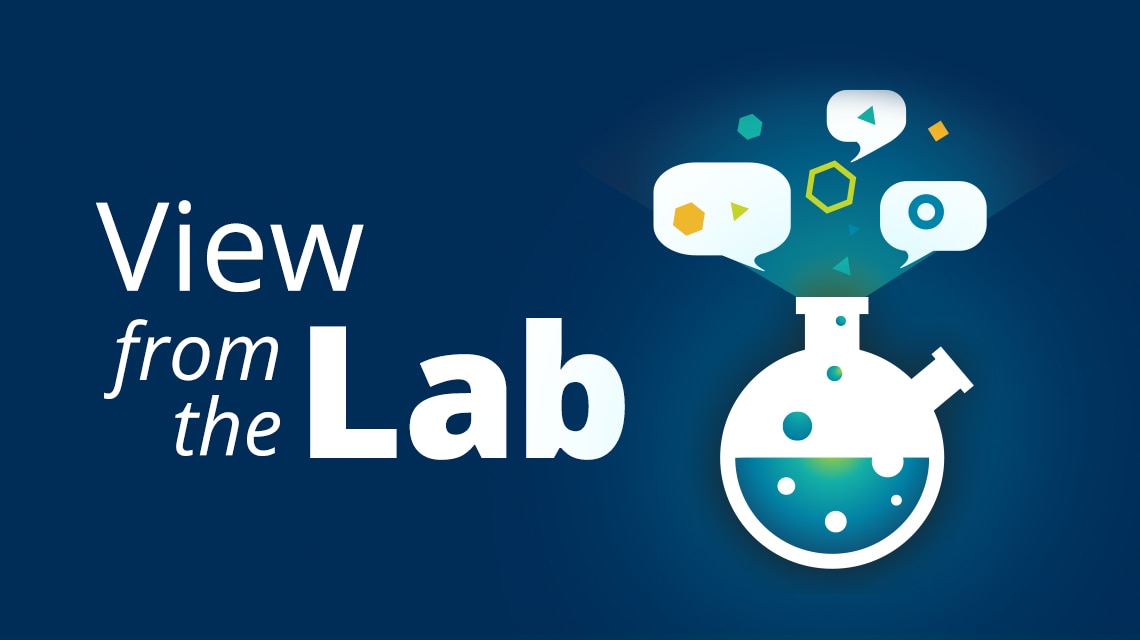Tackling Maths Anxiety: Building Confidence in Every Classroom
Maths is more than numbers—it’s a gateway to understanding the world, solving problems, and unlocking future opportunities. Yet for many students, teachers, and even parents, maths can be a source of stress and fear. At Pearson, we believe that maths anxiety shouldn’t stand in the way of learning. That’s why we’ve launched a campaign to support confidence in maths across the UK.




